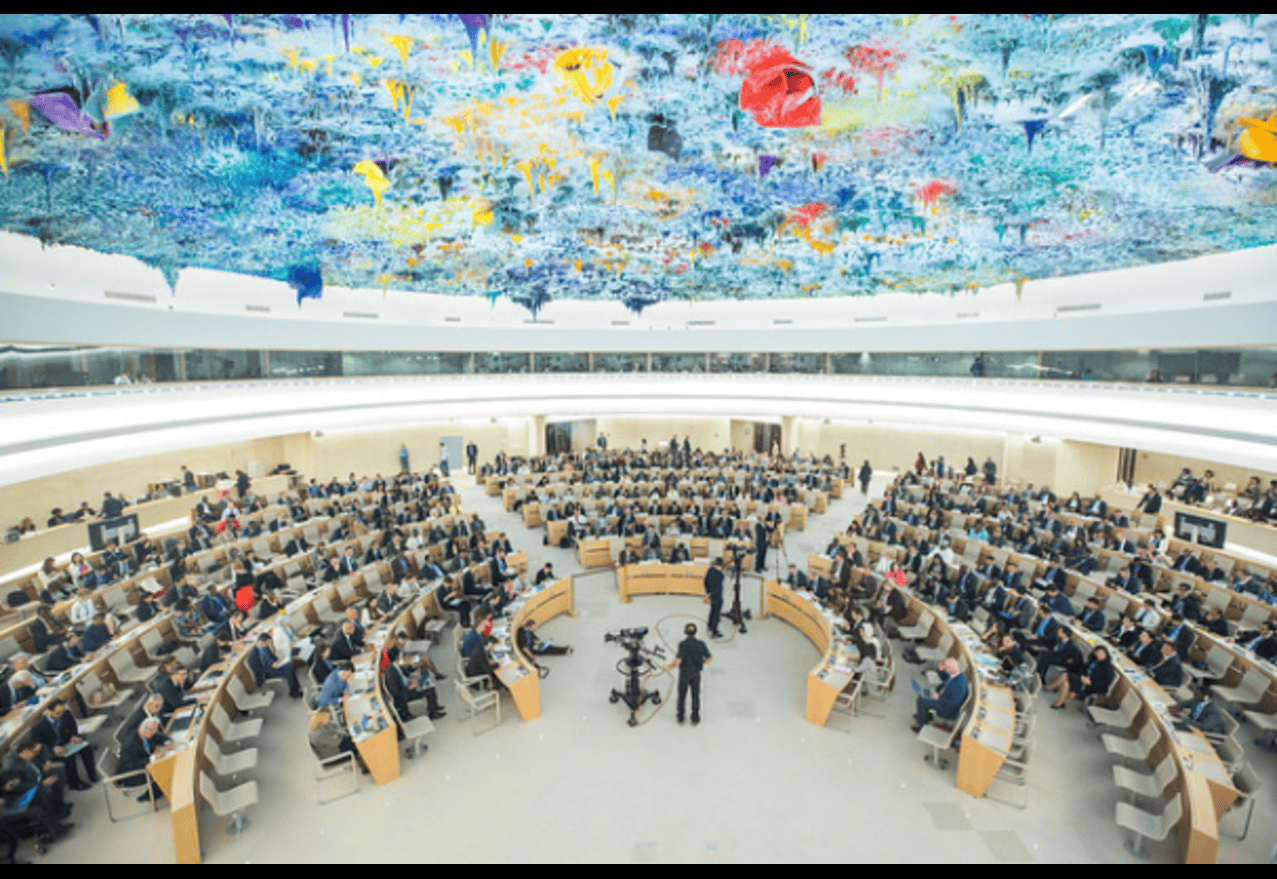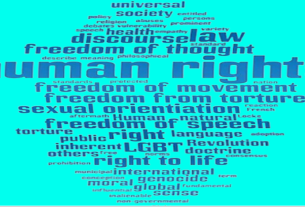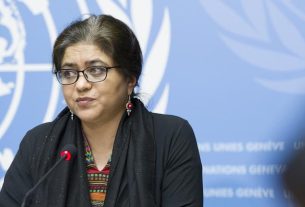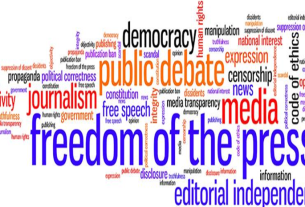Brussels, April 15, 2025 — The European Union has imposed fresh sanctions on seven Iranian prison and judiciary officials, citing Iran’s alleged use of arbitrary detention against European citizens as part of a state-driven strategy of political hostage-taking.
The sanctions, announced Monday following a meeting of EU foreign ministers, include asset freezes and travel bans on three judges, two prosecutors, and two senior prison officials. Among those sanctioned is Hedayatollah Farzadi, head of Tehran’s notorious Evin Prison, already known for its detention of dual nationals and foreign citizens on contested charges.
EU Condemns Systemic Abuse of European Detainees
In its official statement, the EU accused Farzadi of being “directly responsible for severe violations of political prisoners’ human rights,” including restricting contact with the outside world and enforcing arbitrary solitary confinement.
The measures also target Shiraz Central Prison, where several EU nationals have reportedly been detained without access to fair trials. The Revolutionary Court in Shiraz, known for sentencing political dissidents and minorities under opaque legal procedures, was likewise sanctioned for its role in “unjust trials and executions.”
France Welcomes Sanctions, Warns Against Travel to Iran
French Foreign Minister Jean-Noël Barrot welcomed the decision, describing Iran’s detention of Europeans as “a state policy” that violates international law.
“The conditions in which some of our French and European compatriots are being detained are disgraceful and comparable to torture,” Barrot said during a press briefing, warning French citizens against traveling to Iran.
His remarks follow the March 2025 release of French national Olivier Grondeau, who had been imprisoned for over 880 days on espionage charges widely condemned as baseless by Paris and human rights advocates.
Hostage Diplomacy and International Pushback
Evin Prison, often described as a tool in Iran’s “hostage diplomacy,” holds numerous dual nationals, foreign travelers, and political prisoners. Rights groups and Western governments have accused Tehran of using detentions as leverage in diplomatic negotiations.
The European External Action Service (EEAS) has repeatedly raised alarms over what it calls a pattern of “spurious arrests” of EU nationals, often conducted without due process and under degrading detention conditions.
According to Human Rights Watch and UN experts, Iran’s judiciary frequently falls short of international fair trial standards, especially in cases involving dual nationals and political charges.
Broader Context
The EU’s latest move comes amid heightened tensions between Iran and Western countries over nuclear diplomacy, regional proxy conflicts, and worsening human rights conditions inside the Islamic Republic.
Monday’s sanctions are part of the EU’s Global Human Rights Sanctions Regime, which targets individuals and entities worldwide responsible for grave rights violations.
Sources:
- European Council Press Release, April 15, 2025
- Associated Press reporting from Brussels
- Remarks by French Foreign Minister Jean-Noël Barrot
- EU Sanctions List and Council Regulation documents
- Human Rights Watch & UN OHCHR reports on Iran
United Nations Human Rights Council UNHRC Image by UN Geneva on Flickr CC BY NC ND 2.0



